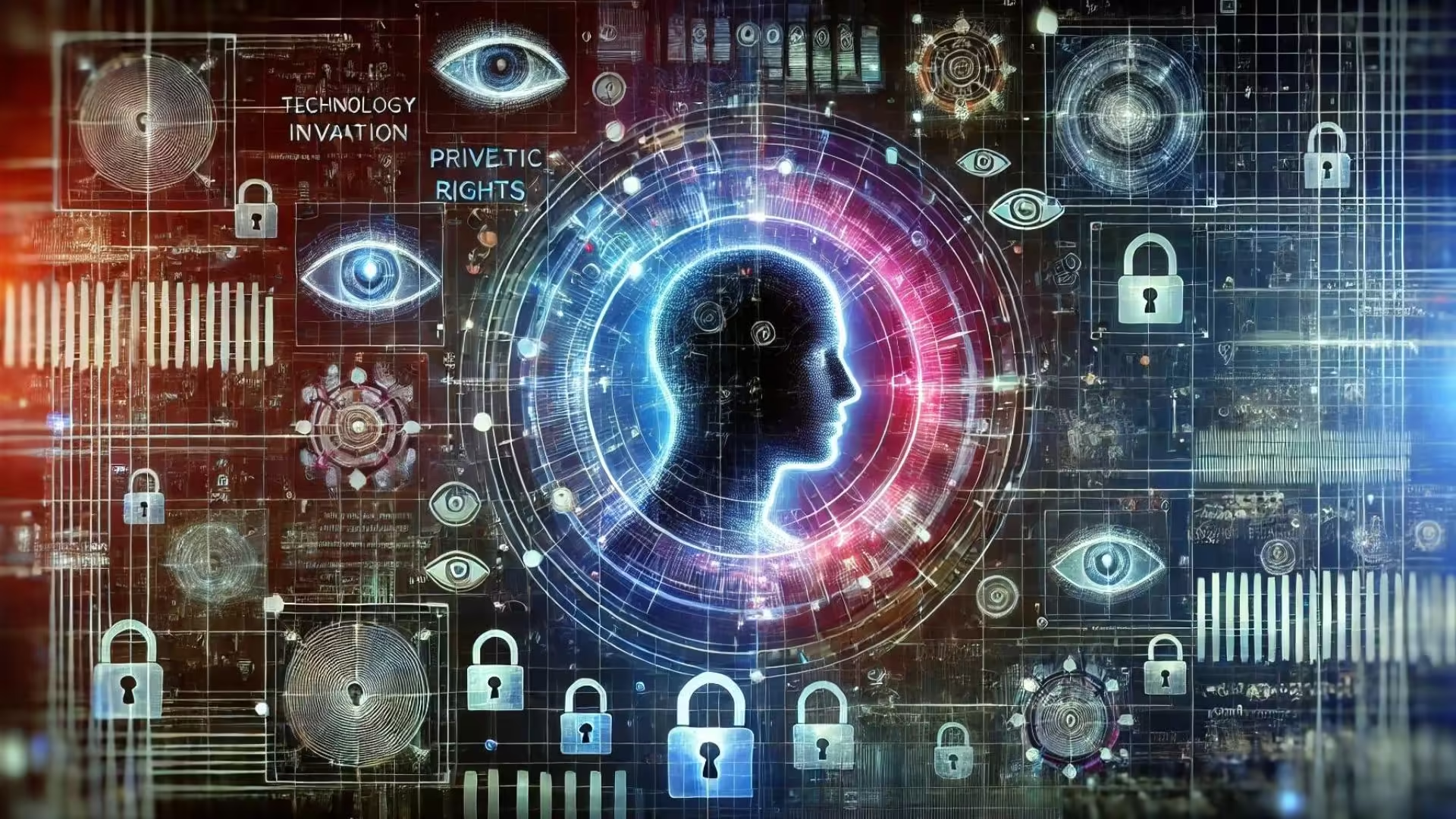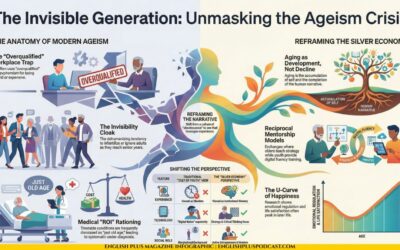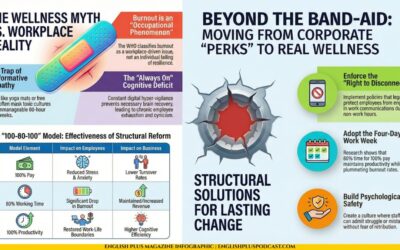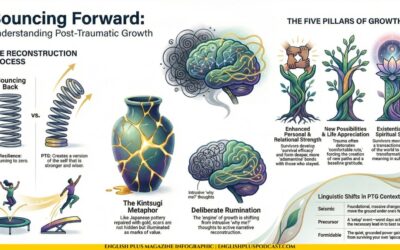In today’s world, technology is intertwined with almost every aspect of life. From smartphones to social media, we’re constantly connected, and while this connection offers convenience and accessibility, it also raises serious concerns about privacy rights. The rapid evolution of technology has outpaced many of the laws designed to protect our personal information. As we navigate this digital age, understanding the impact of technology on privacy is crucial—not just for policymakers, but for every individual.
The Rise of Digital Surveillance
One of the most significant ways technology affects privacy is through data collection and surveillance. Every time you browse the internet, use an app, or even walk past a smart device, data is being collected—often without your explicit knowledge. Companies and governments can track everything from your location to your purchasing habits, and in many cases, this data is used to target you with personalized ads, or worse, without your consent.
Have you ever noticed that after searching for a product online, you’re suddenly bombarded with ads for similar items on social media or other websites? This isn’t a coincidence. Companies track your online activity using cookies and other tools to gather information about your preferences and habits, often at the cost of your privacy.
The Trade-Off: Convenience vs. Privacy
We often accept these intrusions into our privacy in exchange for convenience. Smartphones, smart speakers, and online services make life easier, but they come with a cost. When you use an app, it’s easy to click “accept” on privacy policies without reading the fine print. However, these agreements often grant companies access to far more personal data than you realize.
Think about fitness tracking apps that monitor your location, health data, and even sleep patterns. While these tools can be helpful for personal health management, they also collect and store sensitive data. If this data were to fall into the wrong hands or be used in ways you didn’t agree to, your privacy could be severely compromised.
Government Surveillance: Security or Invasion of Privacy?
Another major issue is government surveillance. While surveillance technologies can be essential for national security, they also pose significant risks to individual privacy rights. The question of how much privacy we’re willing to sacrifice for safety is a contentious debate. Governments argue that monitoring is necessary to protect citizens, but where do we draw the line?
The revelations by whistleblower Edward Snowden about the U.S. National Security Agency’s (NSA) mass surveillance program sparked worldwide debates about privacy. The program involved collecting massive amounts of personal data from citizens, often without their knowledge. While the intention was to prevent terrorism, many saw it as an overreach that violated basic privacy rights.
How Your Personal Data Is Used
Beyond surveillance, the sheer amount of personal data shared online is staggering. Social media platforms, e-commerce websites, and even search engines collect data on everything from your search history to your friends and family connections. This data is often sold to third parties, creating a profitable business around your personal information.
The Cambridge Analytica scandal is a well-known case where data from millions of Facebook users was harvested and used to influence political campaigns. Many users were unaware that their personal data was being used in this way, highlighting the lack of transparency in how companies handle our information.
The Importance of Privacy in a Digital World
Why does privacy matter so much? In the digital age, your personal information can be weaponized. Hackers, companies, and even governments can misuse your data in ways that can affect your financial stability, job prospects, and personal safety. Identity theft, targeted scams, and digital profiling are just a few of the risks you face when your data is exposed.
Consider the rise of identity theft. If a hacker gains access to your personal data, they can open bank accounts, apply for credit cards, or even commit crimes in your name. Recovering from identity theft can be a long, stressful, and costly process, underscoring the importance of safeguarding your information.
How You Can Protect Your Privacy
While the technological landscape may seem overwhelming, there are steps you can take to protect your privacy:
- Be Mindful of What You Share – Always think before you post personal information online. Once it’s out there, it can be difficult or impossible to fully remove.
- Read Privacy Policies – Take the time to understand what data companies are collecting and how they’re using it. You may be surprised at how much control you give away by clicking “accept.”
- Use Privacy Tools – Enable privacy settings on your devices and apps, use VPNs (Virtual Private Networks) to mask your online activity, and consider encrypted messaging apps.
- Limit Permissions – Many apps request access to your contacts, camera, microphone, and location. Only grant these permissions when absolutely necessary.
- Regularly Update Security – Ensure your devices and accounts are protected by strong, unique passwords and two-factor authentication.
Imagine you download a free app that asks for access to your contacts and location data. Before agreeing, ask yourself: Does this app really need this information? If the answer is no, deny the permissions or consider not using the app altogether. Taking control of your digital footprint can significantly reduce the risks to your privacy.
As technology continues to advance, privacy rights are becoming one of the most important social issues of our time. While technology brings undeniable benefits, it also exposes us to significant risks. The more we understand about how our data is collected, shared, and used, the better equipped we are to protect our privacy.
Start taking control of your privacy today. Review the privacy settings on your devices and accounts, be selective about the information you share, and become more aware of how your data is used. Protecting your privacy in a digital world is an ongoing effort, but by staying informed, you can safeguard your personal information and maintain control over your digital identity.
Expand Your Vocabulary
- Privacy Rights
Meaning: The rights that individuals have to keep their personal information and activities from being accessed or disclosed without their consent.
In Context: Privacy rights are increasingly threatened by the amount of personal data collected by companies and governments.
Everyday Use: Think about your privacy rights when filling out forms online or sharing details on social media—are you sure who has access to your information? - Surveillance
Meaning: Close observation, especially by authorities or organizations, often using technology to monitor people’s activities.
In Context: The growth of digital surveillance raises concerns about how much of our personal lives are being monitored.
Everyday Use: You might hear about surveillance when discussing security cameras in public places or online tracking systems. - Data Collection
Meaning: The process of gathering information about individuals or groups, often for analysis or marketing purposes.
In Context: Every time you use an app or browse the internet, data collection is happening, often without your knowledge.
Everyday Use: Companies collect data about your shopping habits to offer personalized ads, but they may also collect more sensitive data. - Cookies
Meaning: Small files stored on your computer by websites to track your online activity and preferences.
In Context: Cookies are used by websites to remember your login information or to tailor ads based on your browsing habits.
Everyday Use: You might notice websites asking you to accept cookies—this is them requesting permission to store data about you. - Government Surveillance
Meaning: The monitoring of individuals or groups by the government, often to ensure national security but sometimes at the cost of privacy.
In Context: Government surveillance programs can protect citizens, but they also raise questions about invasion of privacy.
Everyday Use: Conversations around government surveillance often come up when discussing laws like the Patriot Act in the U.S. - Mass Surveillance
Meaning: Widespread monitoring of large groups of people, typically carried out by governments or corporations, often without individuals’ direct consent.
In Context: Mass surveillance, like the NSA’s program, collects data on a vast scale, affecting millions of people.
Everyday Use: We often hear about mass surveillance in the context of national security or discussions about privacy laws. - Data Breach
Meaning: An incident in which personal data is accessed or stolen by unauthorized individuals, often resulting in identity theft or fraud.
In Context: Data breaches are a significant concern, as they can expose sensitive information such as credit card numbers or social security data.
Everyday Use: When a company experiences a data breach, you might receive notifications warning you to change your passwords or monitor your accounts for fraud. - Identity Theft
Meaning: The fraudulent acquisition and use of someone’s personal information, typically for financial gain.
In Context: Identity theft can occur if a hacker gains access to your personal data through a data breach.
Everyday Use: Protecting your identity online is critical; identity theft can result in financial loss and damage to your credit. - Virtual Private Network (VPN)
Meaning: A tool that allows you to create a secure connection to another network over the internet, protecting your browsing activity from surveillance.
In Context: Using a VPN can help protect your online privacy by masking your IP address and encrypting your internet traffic.
Everyday Use: Many people use a VPN when connecting to public Wi-Fi to ensure their online activities remain private and secure. - Two-Factor Authentication (2FA)
Meaning: A security process that requires two forms of identification to access an account, providing extra protection beyond just a password.
In Context: Enabling two-factor authentication on your accounts can help prevent unauthorized access, even if someone steals your password.
Everyday Use: Two-factor authentication might ask you to enter a code sent to your phone in addition to your regular password when logging in.
Let’s Talk
- How comfortable are you with the amount of data that companies and governments collect about you? Have you ever considered how much personal information you’re sharing online?
- Do you think the trade-off between convenience and privacy is worth it? Would you be willing to sacrifice some convenience to protect your privacy? Why or why not?
- How much do you know about the privacy policies of the apps and services you use? Do you read them, or do you tend to click “accept” without fully understanding what you’re agreeing to?
- What do you think is the appropriate balance between government surveillance for national security and individual privacy rights? Should governments be allowed to monitor citizens to keep the public safe?
- Have you ever experienced a data breach or know someone who has? How did that experience change the way you think about privacy and data security?
- Do you use tools like VPNs or two-factor authentication to protect your privacy online? If not, what steps can you take today to improve your online security?
- What are your thoughts on the future of privacy rights in an increasingly digital world? Do you think new laws or technologies are needed to protect personal privacy better?
- In your opinion, should companies be allowed to profit from the personal data they collect? How should individuals be compensated for the use of their data?
- How can you become more conscious of your digital footprint and make more informed decisions about what data you share online?
- What advice would you give to someone trying to protect their privacy in today’s highly connected world?
These questions are designed to provoke thought and encourage meaningful conversations about the importance of privacy rights in a digital world. Feel free to reflect on them and share your thoughts in the comments or discuss them with your family and friends. Understanding how to protect your privacy is more important than ever.










0 Comments